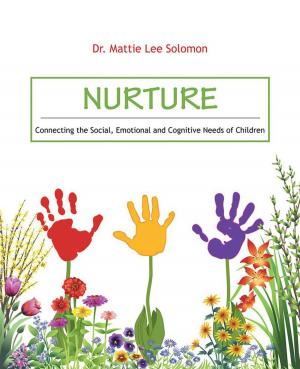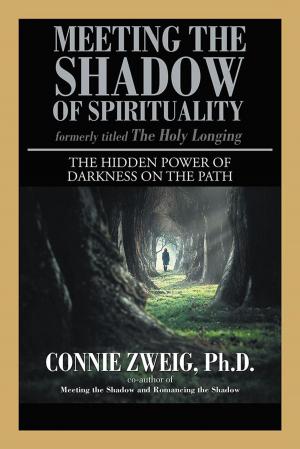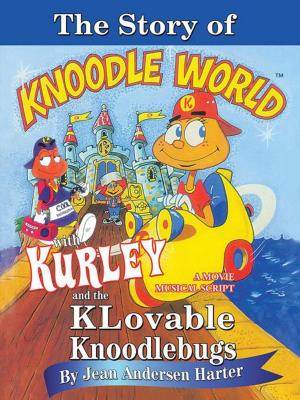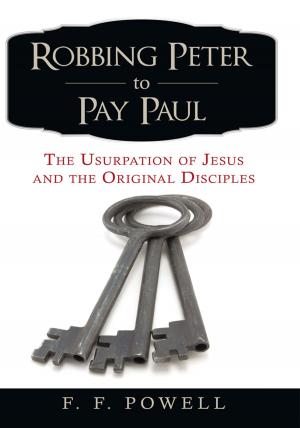The Scientist's Conversations with the Teacher
Science and Esoterics
Nonfiction, Religion & Spirituality, Inspiration & Meditation, Mysticism, Spirituality| Author: | Alexander Zelitchenko | ISBN: | 9781469747590 |
| Publisher: | iUniverse | Publication: | August 23, 2001 |
| Imprint: | iUniverse | Language: | English |
| Author: | Alexander Zelitchenko |
| ISBN: | 9781469747590 |
| Publisher: | iUniverse |
| Publication: | August 23, 2001 |
| Imprint: | iUniverse |
| Language: | English |
The world is "bigger" than it seems. Besides the world of things, which is the coarsest, there are more subtle worlds. Just like the world of things, the subtle worlds are material: each one is formed by material of a particular subtlety. Each part of the World is a triad "Idea (incarnated by a thing)-Thing-Being (that realizes the idea and makes the thing)." Triads form the World Hierarchy of ideas-things-beings. Any triad develops. What is subtle develops into what is coarse, while what is coarse develops into what is subtle. Each being works together with other beings. Being has instruments - bodies - for working with materials of varying subtlety. Man has three bodies: a spiritual one, a mental one and a physical one. Man's task is to realize special "human" ideas. This process culminates when ones comes to spiritual awareness. The development of man is a development of spiritual awareness. Man needs to purify himself, from time to time, from the by-products of the realization of ideas. This purification is death. Death turns man into another being, but it does not stop development. Man's fate provides him with the best conditions for working and developing.
The world is "bigger" than it seems. Besides the world of things, which is the coarsest, there are more subtle worlds. Just like the world of things, the subtle worlds are material: each one is formed by material of a particular subtlety. Each part of the World is a triad "Idea (incarnated by a thing)-Thing-Being (that realizes the idea and makes the thing)." Triads form the World Hierarchy of ideas-things-beings. Any triad develops. What is subtle develops into what is coarse, while what is coarse develops into what is subtle. Each being works together with other beings. Being has instruments - bodies - for working with materials of varying subtlety. Man has three bodies: a spiritual one, a mental one and a physical one. Man's task is to realize special "human" ideas. This process culminates when ones comes to spiritual awareness. The development of man is a development of spiritual awareness. Man needs to purify himself, from time to time, from the by-products of the realization of ideas. This purification is death. Death turns man into another being, but it does not stop development. Man's fate provides him with the best conditions for working and developing.















